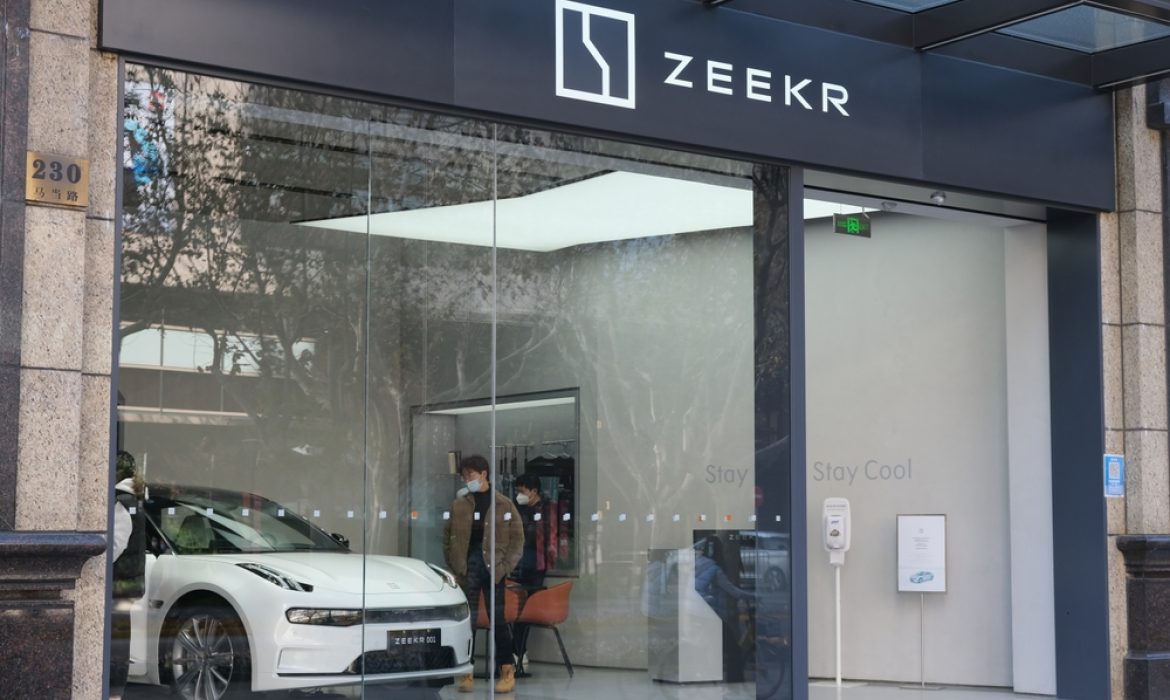US President Joe Biden has announced a series of sweeping tariffs targeting Chinese-made electric cars, solar panels, steel, and other goods. These measures, including a dramatic increase to a 100% border tax on electric vehicles from China, are aimed at countering what the White House describes as unfair trade practices and protecting American jobs.
“We will not let China unfairly control the market for critical goods,” Biden declared, emphasizing the need for domestic security in essential supplies. He highlighted the lessons from the COVID-19 pandemic, stressing the importance of having a secure supply chain for crucial items such as batteries, computer chips, and basic medical supplies.
The newly announced tariffs, set to impact approximately $18 billion worth of imports, mark a substantial escalation in the US-China trade tensions. Alongside the 100% tariff on electric vehicles, the levies on solar cells will rise from 25% to 50%, and certain steel and aluminum products will see their tariffs more than triple to 25%.
China’s commerce ministry swiftly condemned the tariffs, stating that the move would “severely affect the atmosphere for bilateral cooperation.” Beijing has vowed to take all necessary measures to safeguard its legitimate rights and interests, hinting at potential retaliatory actions.
Analysts view these tariffs as largely symbolic, aimed at shoring up support in a challenging election year. The decision follows persistent criticism from former President Donald Trump, who is campaigning against Biden and has accused him of undermining the US car industry through his support for electric vehicles.
“It’s not competing – it’s cheating,” Biden stated, accusing China of flooding the market with subsidized products and forcing Western companies to share their technology. The White House maintains that these targeted tariffs will not stoke inflation, contrasting their approach with Trump’s broader tariff strategy.
The move reflects a broader shift in US trade policy, where both major political parties have increasingly championed the protection of domestic industries. Wendy Cutler, a former US trade official, noted that Americans might accept higher prices for cars to protect US jobs and industries.
In a press briefing, White House officials denied that domestic politics influenced the decision. They emphasized that China’s practices, such as forced technology transfers and excessive subsidies, continue to harm US businesses.
Despite existing tariffs making Chinese electric vehicle sales in the US negligible, the Biden administration remains vigilant about China’s growing market share in Europe and other regions. Ensuring a diverse and competitive landscape for green technologies is seen as critical for a sustainable transition.
“It’s all about trade-offs,” Cutler said. “In the long run, we want to have a competitive industry here.”
For a detailed overview of the new tariffs, see the table below:
| Item | Current Tariff | New Tariff (2024) |
|---|---|---|
| Semiconductors | 25% | 50% |
| Certain Steel and Aluminium | 7.5% | 25% |
| Electric Vehicles | 25% | 100% |
| Lithium Batteries and Minerals | 7.5% | 25% |
| Solar Cells | 25% | 50% |
| Ship-to-Shore Cranes | 0% | 25% |
| Medical and Surgical Gloves | 7.5% | 25% (by 2026) |
The international business community is watching closely, particularly to see if Europe will follow the US lead in curbing Chinese electric car imports. This development comes amid ongoing trade tensions dating back to 2018, when Trump first imposed tariffs on Chinese goods.
For more details on this evolving story, visit BBC News.
